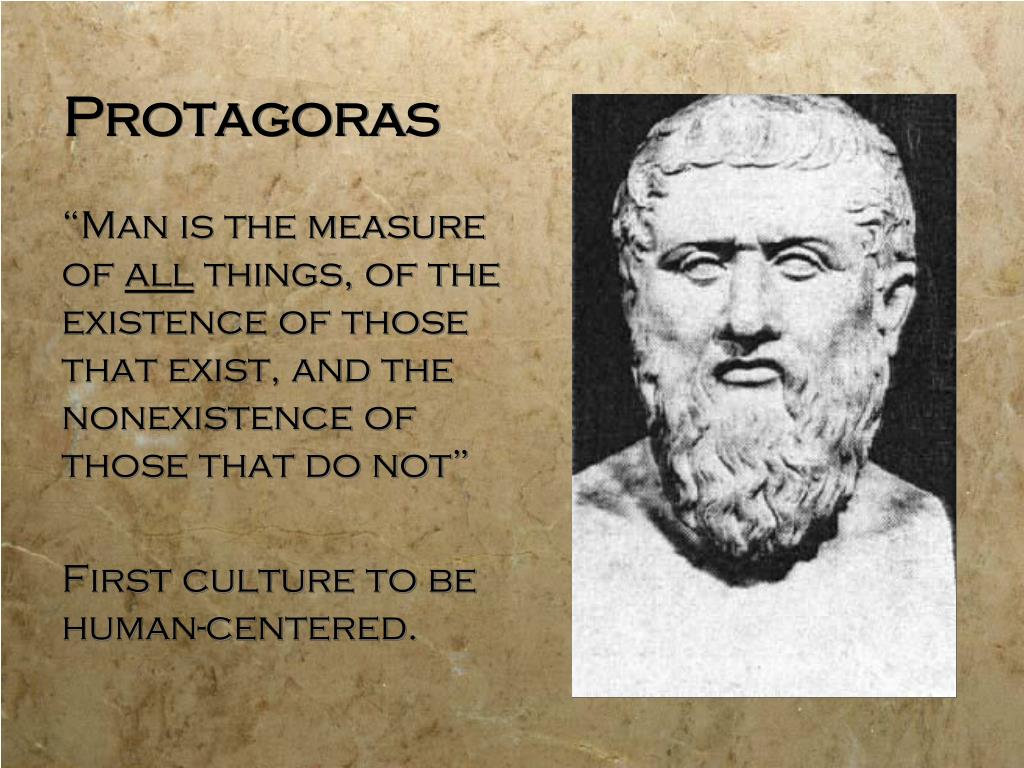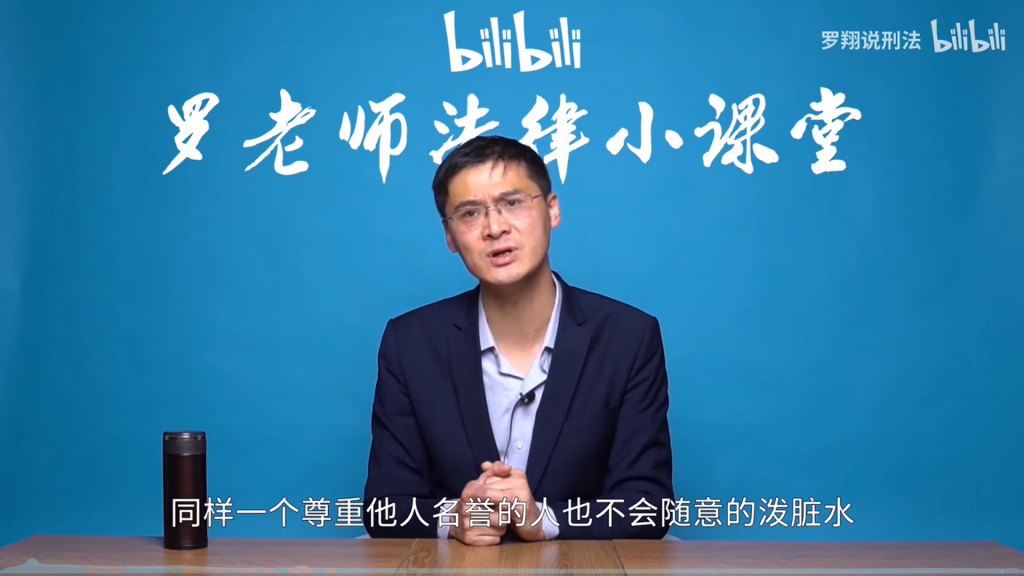In this passage, I would like to address certain values and ethics of people in this world crammed with “the Internet”. I would link several references to different western philosophers along my analysis.
The first value I would like to address is people’s denial of their ability of identifying truth. Nowadays, we live in a complicated environment. Information feeds we get is not only coming in faster (leaving us less time to understand and consider all problems), but also is personalized. Online applications and websites like Facebook, Twitter, Youtube, Weibo, are constantly pushing contents that they think you tend to watch. This causes a “polarization” in the knowledge we get.
From the very beginning, philosophers are talking about the topic of “reality” or “skepticism”. According to Wikipedia, philosophical skepticism questions “the possibility of certainty in knowledge”. (Wikipedia: Philosophical skepticism) Along with Descartes’s mind-body dualism which states that “the mind and body are distinct and separable” and the doubt that “he has a body or not” (Wikipedia: Mind-body Dualism), people feel that there is no “objective truth”. As Protagoras, the ancient Greek philosopher states, “man is the measure of all things”.

“Man is the measure of all things” by Protagoras. Picture from Bing Pictures.
With all these opinions existing, people tend to think “because I have my own perceptions and understandings, everything is biased, and no subjective truth exists”. This eventually leads to “we don’t need to try hard identifying whether the news are true or fake; we might not be in a physical world”. However, as Michael Lynch kindly pointed out in his TED talk, “we should agree that we are living in a common reality, and ignoring it could get you hurt”. (Xigua Video)
All these evidences lead to my conclusion: in the modern world, people constantly use ideas like “skepticism” as an excuse to deny their ability of identifying truth. In fact, “skepticism” no longer stay as a critical thinking attitude to all things; it became an umbrella shielding you from trying to figure out the truth. Even definitions of words we use are based on common knowledge and the authority. Denying to identify truth does not help, as they cannot change the fact that we are living in “a common reality”.
But how to solve this problem, and somehow “correct” people’s values? In his talk, Michael Lynch pointed out that “people should find out new active ways of gaining knowledge”. Only when we are constantly thriving for knowledge, we can burst through our “information bubble”, not letting the term “fake news” become the meaning of “new that I don’t like”. By gaining more truth, we can hear to other’s opinions and learn how to think critically.
The second topic I want to talk about is the anonymosity of the Internet. When the Internet gives us access to the whole world without having to leave our house, it also block off the opportunity of us meeting with friends face to face. It also opens up a portal to the vast world of voices, a place where you can easily get hurt.
Moreover, anonymosity does not just mean you can safely view contents on the internet without being tracked; it also means you do not need to pay responsibility. Plato, an Athenian philosopher during the classic period of ancient Greece, told an interesting story in his description of Utopia. In his Republican, a story of the “Ring of Gyges” was told: “A cave was revealed in a mountainside where he[a shepherd] was feeding his flock… he discovered [a] ring [that] gave him the power to become invisible by adjusting it. He then arranged to be chosen as one of the messengers who reported to the king as to the status of the flocks. Arriving at the palace, he used his new power of invisibility to seduce the queen, and with her help he murdered the king, and became king of Lydia himself.” (Wikipedia: Ring of Gyges) This was great piece of evidence on how bad in ethics could a human be when he gains anonymosity. Even the famous Lord of the Rings series alluded this, describing all but those who have a strong and simple heart could withstand the Ring of Power, which gives its wearer invisibility as well.
Another example of what bad things people could do without being watched was proposed by Hobbes. In his Leviathan, Hobbes states: “[When there is no political community, ] there is no industry, … navigation, … commodities, … knowledge of the face of the earth, … and the life of man, solitary, poor, nasty, brutish, and short.” As a philosopher exploring social contracts, he clearly states without people watching over, the society will be chaotic. (Wikipedia: Hobbes)
Of course, our country is not letting this happen. Officers and legalists clearly understands that when no rule is present, this anonymosity will cause great damage to the peace of society. According to Luo Xiang, a famous teacher in the realm of laws, put forth the following argument: “Human is an end; human is not a means.” Not only do the laws of the country protect those who are harmed, we also need to learn to respect others: “A person who respects others’ reputation will not insult others.” (Bilibili)

Luo Xiang’s quoted sentence, in chinese. Picture captured from original video.
My approach to this problem is also very easy to understand: gaining more knowledge. Just as the book Calculus Made Easy states, “people quarrel because they can’t argue”. When trolls are cursing and sending messages on the Internet, their words and phrases are no more than stereotypes; they cannot argue for themselves and become more logic because they can’t. Lack of knowledge leads to lack of fear; lack of knowledge also leads to a lack of respect.
Summarization: In the passage we discussed about two different values being deteriorated in the Internet era: the ability of identifying truth, and the respect to others. The approach, in my opinion, is fairly simple: we need more knowledge, not for defending ourselves, but to make us a better person in this era.
References
Wikipedia: Skepticism. https://en.wikipedia.org/wiki/Philosophical_skepticism. Cited June 24th, 2020.
Wikipedia: Mind-body Dualism. https://en.wikipedia.org/wiki/Mind%E2%80%93body_dualism. Cited June 24th, 2020.
Wikipedia: Protagoras. https://en.wikipedia.org/wiki/Protagoras. Cited June 24th, 2020.
Xigua Video: (TED) Finding truth on the Internet. https://www.ixigua.com/i6766829672790491656/?logTag=nAZu9ycviVFYnCTTFIH-a. Cited June 24th, 2020.
Wikipedia: Ring of Gyges. https://en.wikipedia.org/wiki/Ring_of_Gyges. Cited June 24th, 2020.
Wikipedia: Hobbes. https://en.wikipedia.org/wiki/Thomas_Hobbes. Cited June 24th, 2020.
Bilibili: Discussion on Internet Trolls. https://www.bilibili.com/video/BV1rk4y1R7id. Cited June 24th, 2020.
P.S. Sorry again for the missing of deadlines. I was constantly not sure about my final topic and thesis, and I didn’t contact you frequent enough…